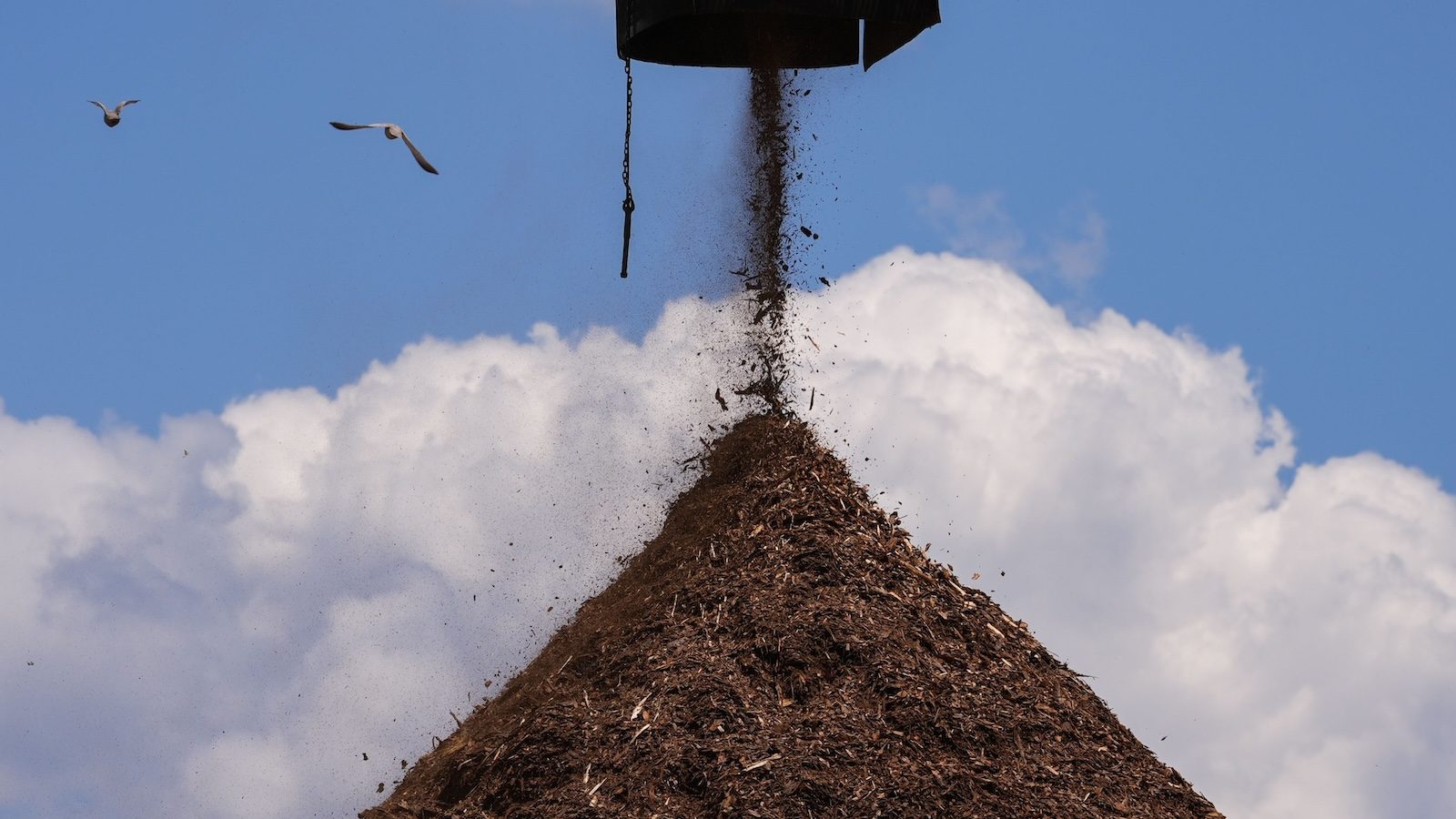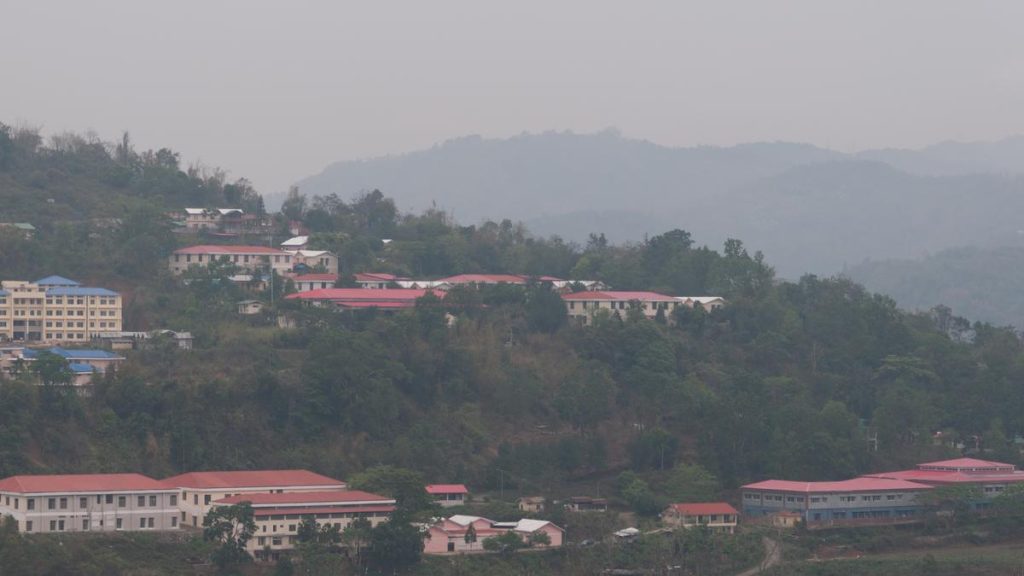Now Reading: California Biomass Expansion Sparks Wildfire Concerns
-
01
California Biomass Expansion Sparks Wildfire Concerns
California Biomass Expansion Sparks Wildfire Concerns

Swift summary
- Wood pellets, used for purposes like heating and grilling, are highly flammable; as 2010, 52 fires have occurred at wood pellet manufacturing facilities in the U.S.
- drax, the world’s largest biomass company, faces criticism for its environmental practices and safety record despite plans to help mitigate wildfires using wood pellets.
- In California, Drax partnered with Golden State Natural Resources (GSNR) to propose building two pellet mills in Tuolumne and Lassen counties. Residents have expressed concerns over fire risks and insufficient consultation.
- Drax plans to use “dead or dying trees” within a 100-mile radius of the proposed sites. Critics worry about poor logging practices reducing forest resilience and worsening fire risks.
- A facility in Stockton is also proposed for transporting wood pellets overseas but has encountered strong local opposition due to safety issues from past incidents involving pellet-related fires.
- Environmentalists highlight that burning U.S.-sourced wood pellets releases notable greenhouse gases; studies suggest decades-long timescales are needed for carbon reabsorption by regrown forests.
- Critics accuse Drax of poor sustainability practices globally and greenwashing efforts locally. Its history includes clearcutting primary forests for biomass production.
Indian Opinion Analysis
The debate around California’s proposed wood-pellet mills underscores a key tension: balancing wildfire mitigation strategies with broader climate goals. While thinning forests may reduce fuel loads contributing to severe wildfires, critics point out that expanding industries dependent on cutting down trees could jeopardize ecosystem stability as well as community safety.
India’s own forestry management can learn from such controversies. Policies must prioritize transparency about environmental impacts alongside economic benefits-and ensure consultation with affected communities before implementing large-scale projects. This case highlights a critical lesson: solutions premised on sustainability must address both immediate needs (like wildfire prevention) while adhering rigorously to long-term ecological soundness.
Read More: Grist – Accountability
























